Editor's note : Streamlining the organizational structure along with streamlining the payroll and restructuring the staff are becoming hot keywords of interest.
This is considered a "revolution" that will develop the country in an era of growth. It is expected that about 100,000 workers will leave the state sector. Many of the downsizing personnel in their 30s and 50s are inevitably confused and worried.
Finding a job or starting a business at this age is a challenge for many people. However, you are not alone, because in fact, many individuals have gone through the same stages as you.
From a female vice president accustomed to administrative work, receiving a regular monthly salary; from a principal, a lecturer accustomed to teaching from morning to night in each lecture hall… they became typical million-dollar business owners, building their own careers at the age of 30-50, even helping many people.
Dan Tri launched the series "Breaking Out of the Comfort Zone" with the aim of spreading positive energy, as a suggestion to help many people have more motivation and new directions for themselves.
At the Biofach 2025 fair booth - the world's leading trade fair for organic food held in Nuremberg, Germany - Mr. Pham Dinh Ngai enthusiastically introduced to European partners products made from Vietnamese coconut nectar.
The sweetness of sugar made from coconut nectar, the aroma of coconut nectar soy sauce or the unique product features imbued with the colors of the land where the Mekong River flows through impress international customers, opening up opportunities for cooperation.
In his third year participating in the world's largest organic food fair and his seventh year quitting his government job to start a business, Pham Dinh Ngai is gradually realizing his dream of changing his life, bringing Vietnamese agricultural products to the world, helping farmers solve the problem of "good harvest, low price".

Mr. Pham Dinh Ngai is from Quang Ngai but migrated to Dong Thap with his family early. Since childhood, witnessing his parents toiling in the fields, farming depending on the flood season, Mr. Ngai told himself to study hard so that he could have a stable job in the future.
Graduated from Ho Chi Minh City University of Technical Education, during the day, Mr. Ngai works for a corporation in Ho Chi Minh City, and at night he attends graduate school with the plan of becoming a teacher.
At the end of 2013, holding a master's degree in hand, the young man from Quang confidently applied for the position of lecturer in the Faculty of Electricity - Electronics, Cao Thang Technical College, Ho Chi Minh City. In addition to his professional work, he also took on the position of secretary of the faculty's union.
10 years ago, an income of 13-15 million VND/month helped him have a stable life in Ho Chi Minh City. His parents were always very proud to know that he worked at a school with a long history of training in technical, technological, mechanical fields.
His wife, Thach Thi Chal Thi, has a master's degree in food technology and works for a private company in Ho Chi Minh City. They both thought they would live in the city for a long time.
"I myself feel happy with the teaching profession because I can pass on knowledge and dreams to many young people. However, because I come from a farmer's family, I always have a deep concern for agriculture. Therefore, in 2016, I decided to quit school to work at a cocoa startup in Tien Giang ," Mr. Ngai recalled.
It took a lot of effort to become a lecturer, so Dinh Ngai had some regrets at first. He intended to "play around" but then realized that he would not be successful if he did not focus all his efforts.

Mr. Ngãi's decision to quit his job was of course not supported by his family. Everyone tried to dissuade him. Many friends and acquaintances heard the news and asked: "A lecturer's salary of 15 million VND is so good, why should we change?". However, Mr. Ngãi still decided to give up his "stable position" to face the difficulties.
"At that time, I just thought, I'm still young. If I make a mistake, I still have a chance to fix it. My degree and knowledge are still there, if I don't succeed, I can go back to teaching. If I don't try this opportunity, I will forever be in a vicious circle and have an unfinished dream," the young man born in 1989 shared.
The time working in Tien Giang further fueled Dinh Ngai's passion for agriculture. In 2018, Thach Thi Chal Thi returned to her parents' home in Tra Vinh to give birth and came up with the idea of starting a business with coconut trees.
"I returned to my hometown to give birth at the exact time when coconut prices dropped dramatically. 12 coconuts could only be sold for 20,000-30,000 VND. The whole family ran around inviting traders to buy coconuts but still could not sell them. Hearing the sound of coconuts falling made my heart ache.
"More than 700 coconut trees could not be sold. My family scraped the coconut meat to sell some to the ice cream shop and threw the rest away. That year's coconut crop was considered a big loss," Chal Thi recalled.
As a master of food technology, Chal Thi could not bear it. She searched online and learned that in addition to growing coconuts for fruit, many countries also grow coconuts for honey.
Working in Tien Giang, Mr. Ngai felt like he was sitting on a hot coal when he heard his wife update him about the unsold coconut situation at home. Therefore, as soon as his wife shared about collecting coconut nectar, he agreed and packed his luggage to Tieu Can district, Tra Vinh to start a business with his wife. The two named the company Sok Farm with the meaning of "happy agriculture" (Sok in Khmer means happiness).
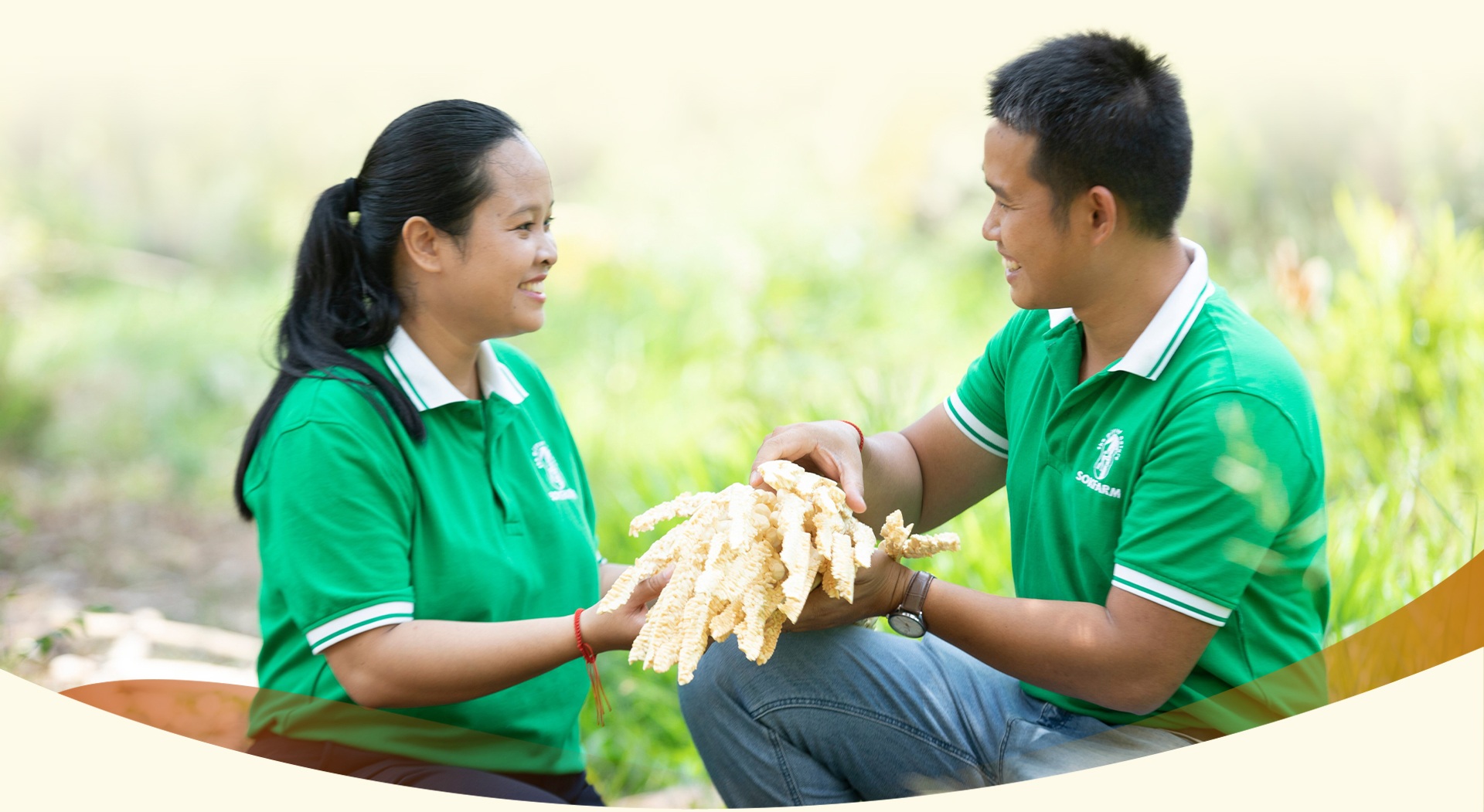
Mr. Ngai and his wife quit their stable jobs in Ho Chi Minh City to return to their hometown to start a business.

Tra Vinh is the second largest coconut growing province in the country, after Ben Tre. For generations, people here have been accustomed to growing coconuts for their fruits. So when they heard two young people talking about cutting flowers to get honey, everyone dismissed it.
Mr. Ngãi and his wife tried their best to convince their parents to ask for 100 coconut trees to experiment with honey extraction. Coconut trees are valuable assets for farmers, so after thinking for a month and reading all the international scientific documents that their children had presented, Ms. Chal Thi's father finally agreed to let his children "borrow" 100 coconut trees.
They were able to get a coconut tree but for 6 months, they did not know how to collect the honey. They watched over and over again the videos on how to collect coconut honey in Thailand and some other countries but failed to do it.
During that time, Mr. Ngai stayed day and night on the coconut trees to learn about the timing of cutting flowers, collecting honey, and tried every method, but the amount of honey from dozens of coconut trees in a month was less than half a liter.
After further investigation, Mr. Ngãi realized that making sugar from coconut flowers was a traditional local occupation but had been lost due to the development of sugar cane. He and his wife met with the elders in the village and the monks in the temple to learn from their experiences and finally found the answer: When collecting honey, you must massage the coconut flowers with the right force to clear the nectar inside.
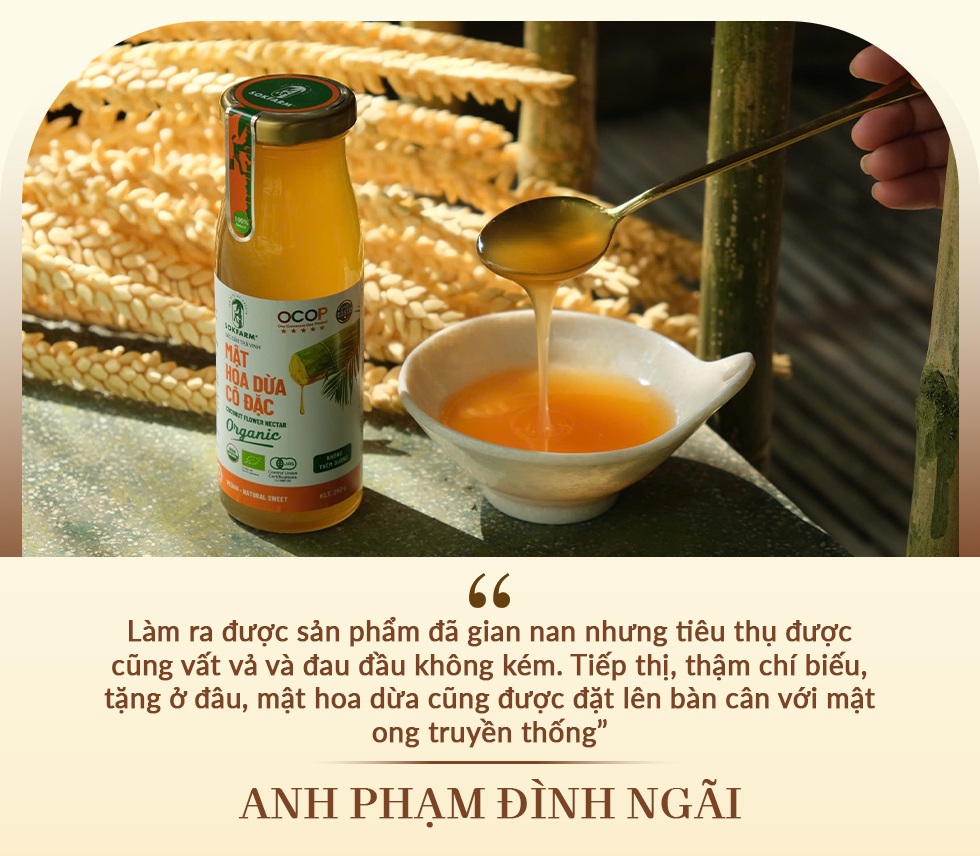
Having mastered the technique of collecting and processing the honey, they faced the challenge of processing it. Hundreds of batches of concentrated nectar failed and had to be thrown away, but finally 100% pure concentrated coconut nectar, without preservatives, was produced.
"Making the product is difficult, but selling it is equally difficult and a headache. Marketing, even giving it away, coconut nectar is compared to traditional honey," Mr. Ngai shared.
The master couple tried their best to convince customers about the unique characteristics of coconut nectar, such as its sweet taste, lower sugar content than honey or cane sugar, but high mineral content, rich in vitamins, containing most essential amino acids, suitable for people with type 2 diabetes, vegans, etc. Both agreed to give away free samples for customers to try.
When there were signs of success from the product, Mr. Ngai called for cooperation from farmers, but most of them refused because of the fear that "if you pick flowers while harvesting fruit, the plants will die."
Many people also believe that the young couple is helping foreign traders buy agricultural products in strange ways to destroy coconut trees. No one believes the scientific evidence presented.
At that time, Mr. Dinh Ngai and Ms. Chal Thi had no choice but to work on their family's coconut garden. Being Khmer, Ms. Chal Thi understood the culture of her people well, so she gradually convinced the local people. The area of raw materials was thus expanded.
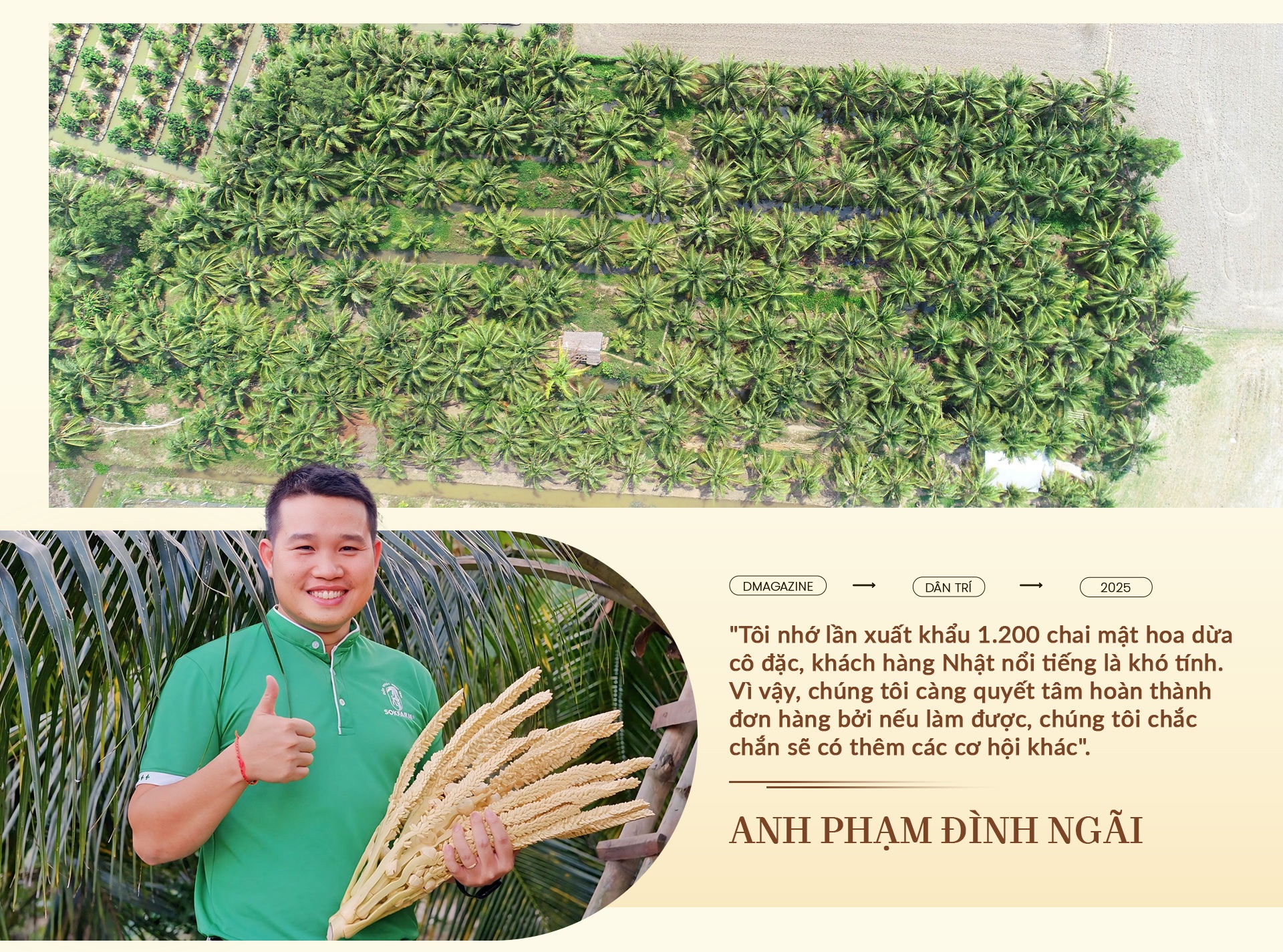
After working hard for more than a year, investing all their savings, and borrowing more, they still lost 200 million VND. At one point, the young director had to sell his motorbike for more than 30 million VND to pay his employees. The pressure on capital sometimes made him doubt his decision to quit his government job.
"At that time, Sok Farm no longer belonged to the couple but to the whole community. My wife and I could only encourage each other that we were lucky to know a sustainable product. If successful, it would not only bring economic benefits but also solve the problem of saltwater intrusion in the West," said Mr. Pham Dinh Ngai.
After a while, old customers started to return, new customers such as vegetarians, diabetics... also gradually increased. Not only conquering domestic customers, the coconut nectar products of the master couple are also exported.
Mr. Ngai talked about the first export order to Japan in 2021: "That time, we exported 1,200 bottles of concentrated coconut nectar. Japanese customers are known to be picky, so we were even more determined to complete the order because if we could do it, we would definitely have other opportunities."
When the company won the international organic certification, Mr. Ngai and his wife brought Vietnamese coconut nectar products to the Biofach trade fair. In 2021, he sent the company's products to the Great Taste competition in the UK with the participation of 500 judges who were world chefs and surprisingly received the 1 star award (1 star certificate).
The judges' assessment moved him: "When we tasted your product, we recognized a unique flavor similar to the taste of Mekong alluvium, which we could not find in similar products from other countries."
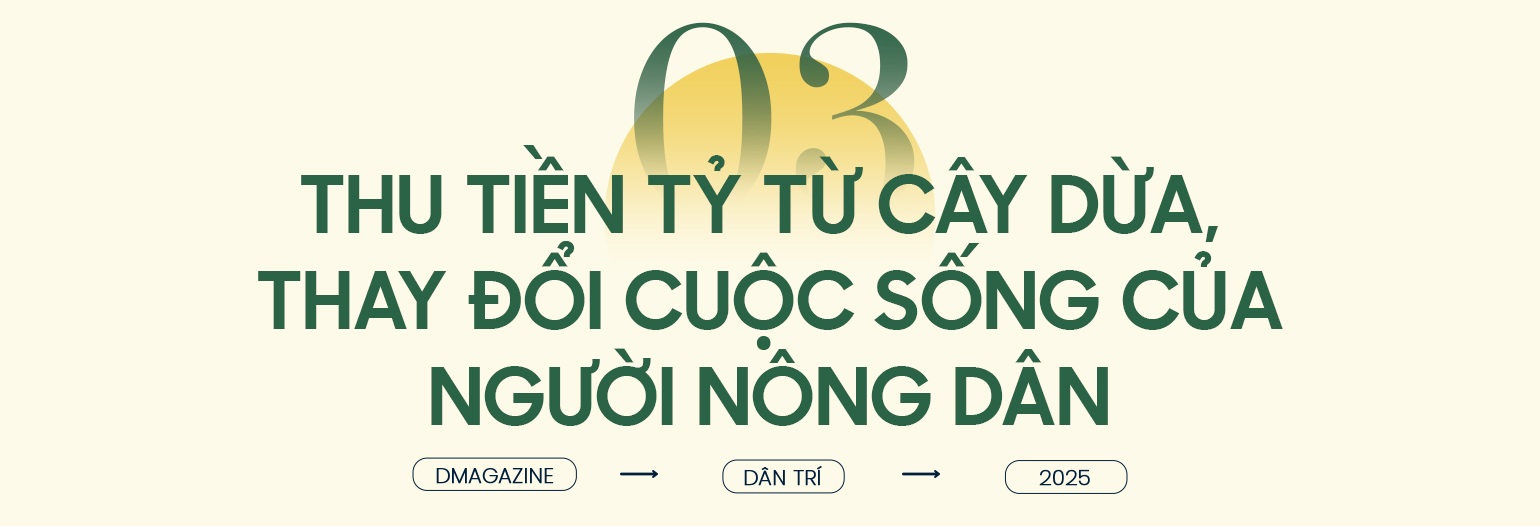
According to Mr. Ngãi, the profession of collecting coconut nectar brings economic benefits, helping to solve the problem of good harvest but low price, good price but bad harvest. A productive bunch of coconut flowers usually bears about 10 fruits, selling for about 50,000 VND. If honey is extracted, each bunch of coconut flowers will produce 25 liters, equivalent to 250,000 VND. Thus, with only 20 coconut trees, a farming household can earn 6-7 million VND per month.
Not only that, this is also a profession that adapts to the climate change and saltwater intrusion in the West. Many coconut areas affected by saltwater intrusion cannot produce fruit but still bloom regularly and produce honey.
After more than 5 years of development, the couple with master's degrees who left the city to return to the countryside to start a business have gradually reaped sweet fruit. On average, each year, their company produces 240 tons of finished organic materials for the consumer market.
The company's revenue in 2024 will reach 21 billion VND. The company has a distribution system of more than 400 agents in over 30 provinces and cities, 200 organic store chains and supermarkets nationwide, and official exports to markets: Germany, the US, the Netherlands, Australia, and Japan.
In the early days of starting the factory, there were only 2 workers. Currently, they have created stable jobs for 90 households, including 48 workers and employees, and have linked up with 42 farming households. From 1 product, the company now has 6 products researched from coconut nectar and in the future, there will be more than 30 products in many fields of food, cosmetics...

Coconut nectar and coconut nectar sugar are sold to factories to develop product lines using natural, low-calorie, healthy sugar.
The company's coconut honey garden area has reached 20 hectares with 5,000 coconut trees. By 2025, both sides aim to increase the coconut honey area to 30 hectares, and by 2030 to 300 hectares (equivalent to about 1% of Tra Vinh's total coconut area).
Looking back at the arduous journey of starting a business, the young master shared: "Every change is for the better. If we accept the problem in a positive way, each person will always find a way out when facing difficulties and obstacles."
Source: https://dantri.com.vn/doi-song/tu-can-bo-nha-nuoc-den-nga-re-thanh-ong-chu-cong-ty-trieu-usd-nuc-tieng-mot-vung-20250220151739897.htm


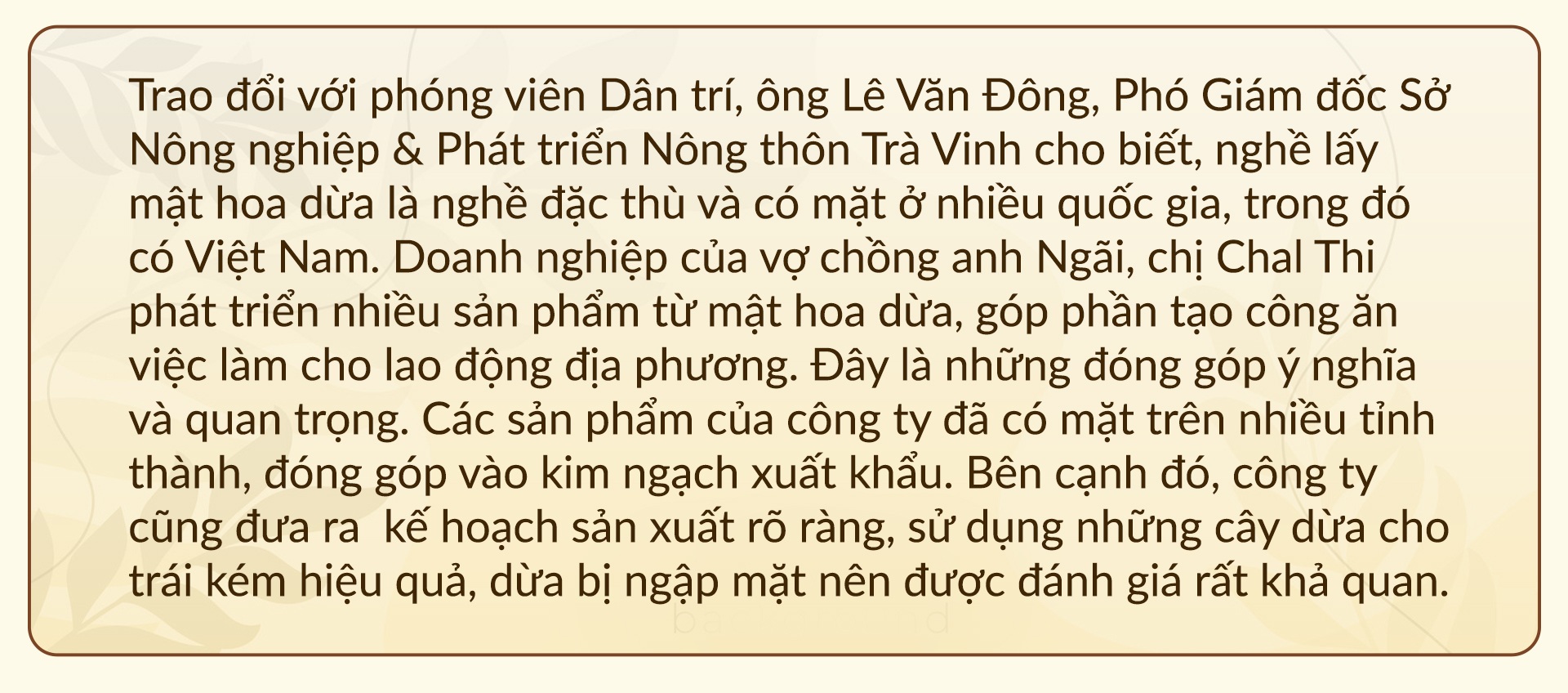



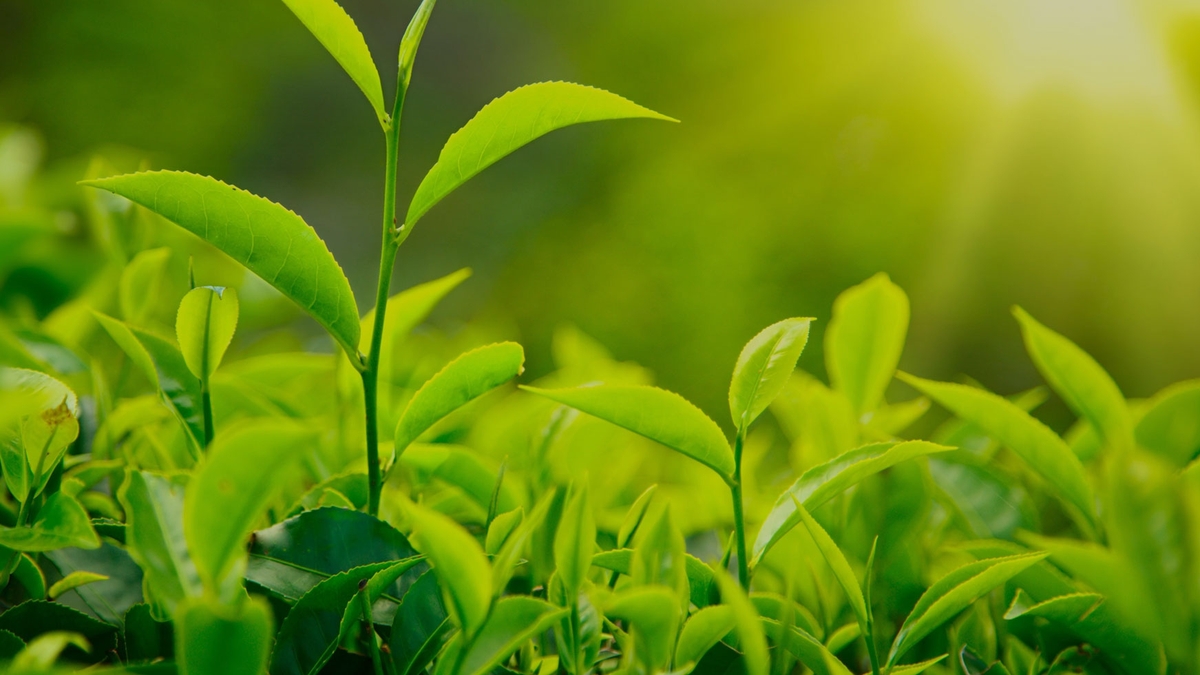


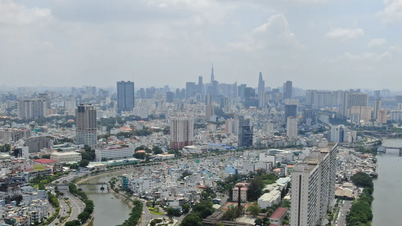

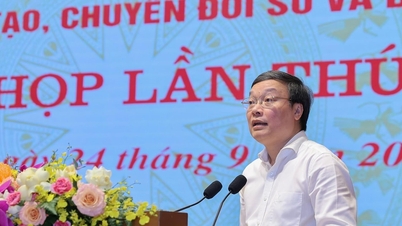

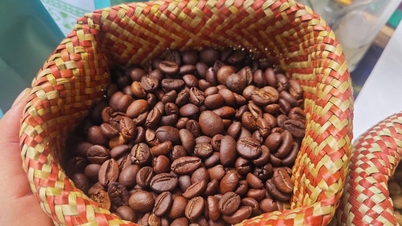














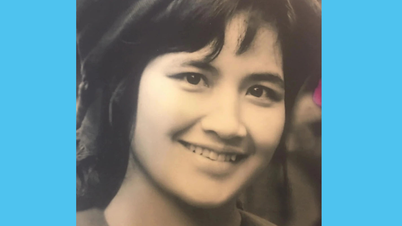









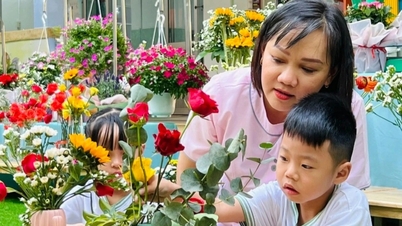
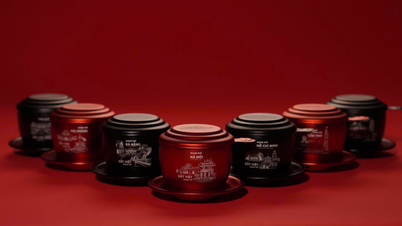
![[Photo] The 1st Congress of Phu Tho Provincial Party Committee, term 2025-2030](https://vphoto.vietnam.vn/thumb/1200x675/vietnam/resource/IMAGE/2025/9/30/1507da06216649bba8a1ce6251816820)
![[Photo] Solemn opening of the 12th Military Party Congress for the 2025-2030 term](https://vphoto.vietnam.vn/thumb/1200x675/vietnam/resource/IMAGE/2025/9/30/2cd383b3130d41a1a4b5ace0d5eb989d)
![[Photo] Panorama of the cable-stayed bridge, the final bottleneck of the Ben Luc-Long Thanh expressway](https://vphoto.vietnam.vn/thumb/1200x675/vietnam/resource/IMAGE/2025/9/30/391fdf21025541d6b2f092e49a17243f)
![[Photo] President Luong Cuong receives President of the Cuban National Assembly Esteban Lazo Hernandez](https://vphoto.vietnam.vn/thumb/1200x675/vietnam/resource/IMAGE/2025/9/30/4d38932911c24f6ea1936252bd5427fa)















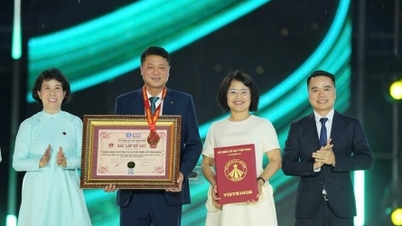

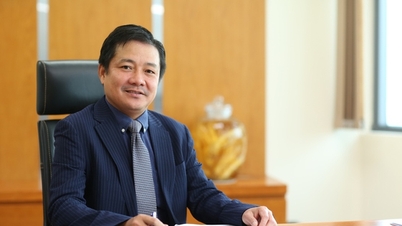

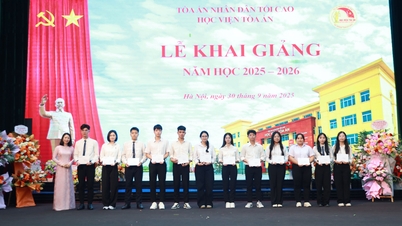

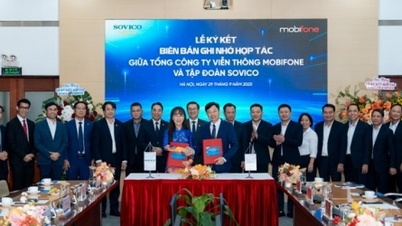




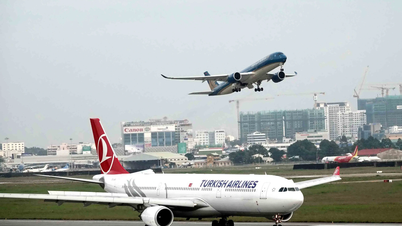
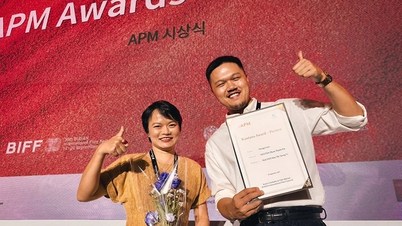
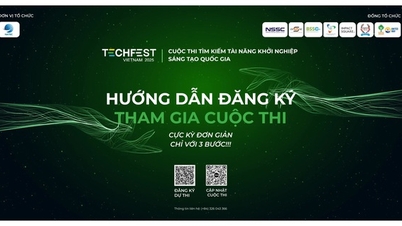

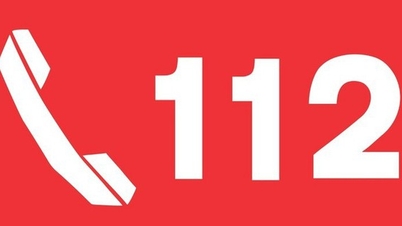




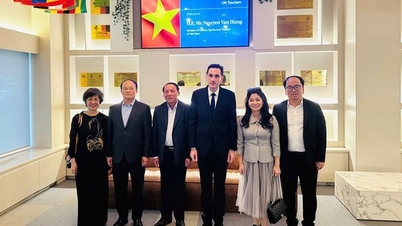
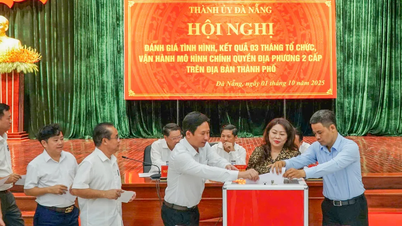
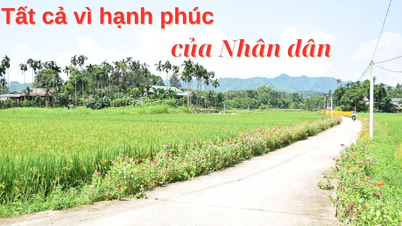
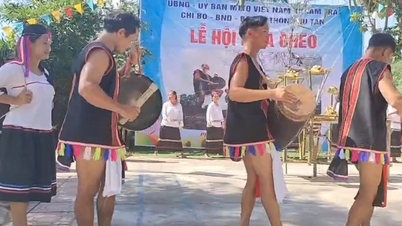

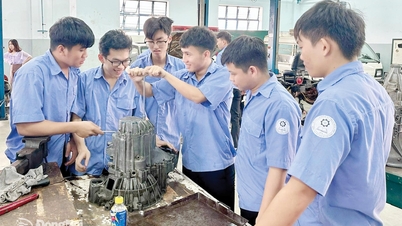

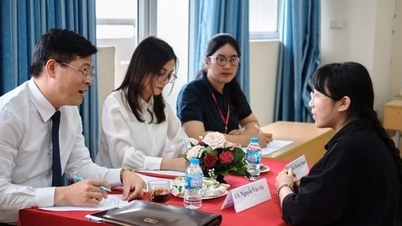

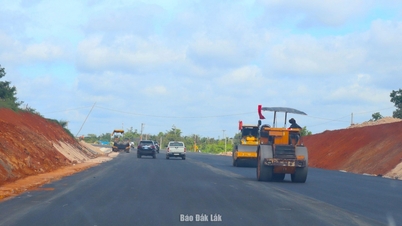













Comment (0)